Introduction to 100ml Plastic Beakers
The 100ml plastic beaker is a staple in various scientific settings, catering to a range of measuring and mixing needs. This category encompasses a selection of beakers specifically designed to hold up to 100 milliliters, suitable for precise laboratory work, educational purposes, and general scientific inquiry.
Types and Materials
Plastic beaker 100ml options are crafted from diverse materials to suit different laboratory conditions. The primary material is plastic, known for its durability and chemical resistance. Some beakers are made from specialized plastics to withstand varying degrees of heat and chemical exposure, ensuring versatility across experiments.
Design and Features
The design of a 100 ml beaker plastic typically includes clear graduation marks for accurate measurement. The beakers come in both transparent and opaque forms, with some featuring spouts to facilitate easy pouring. The edges are meticulously designed, offering both straight and curved options to aid in precise pouring and handling.
Applications and Advantages
100ml plastic graduated cylinder beaker variants are essential in fields such as chemistry, biology, and pharmaceuticals. Their spill-proof design and clear markings make them ideal for educational demonstrations and professional experiments where accuracy is paramount.
Selection and Usage
Choosing the right 100ml plastic beaker involves considering the specific needs of the task at hand, such as chemical compatibility and temperature resistance. These beakers are designed for ease of use, with visible graduations and a range of sizes to accommodate both small-scale and larger volume experiments.
Environmental Considerations
Environmentally conscious choices in the laboratory are facilitated by the availability of disposable and reusable 100 ml plastic beaker options. Reusable beakers can significantly reduce waste, while disposable ones offer convenience and reduce the risk of cross-contamination in sensitive experiments.
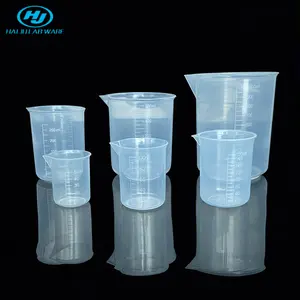


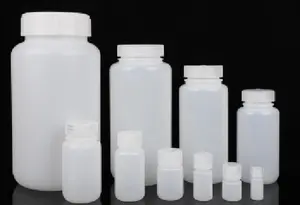








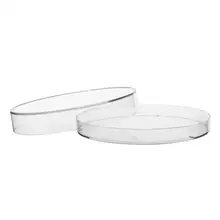


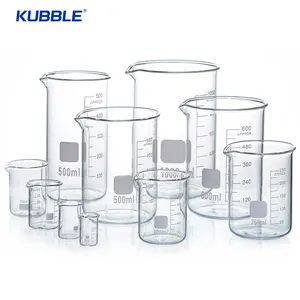
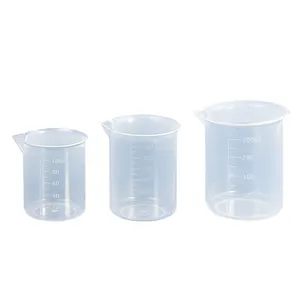
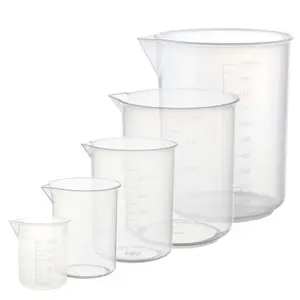












 浙公网安备 33010002000092号
浙公网安备 33010002000092号 浙B2-20120091-4
浙B2-20120091-4